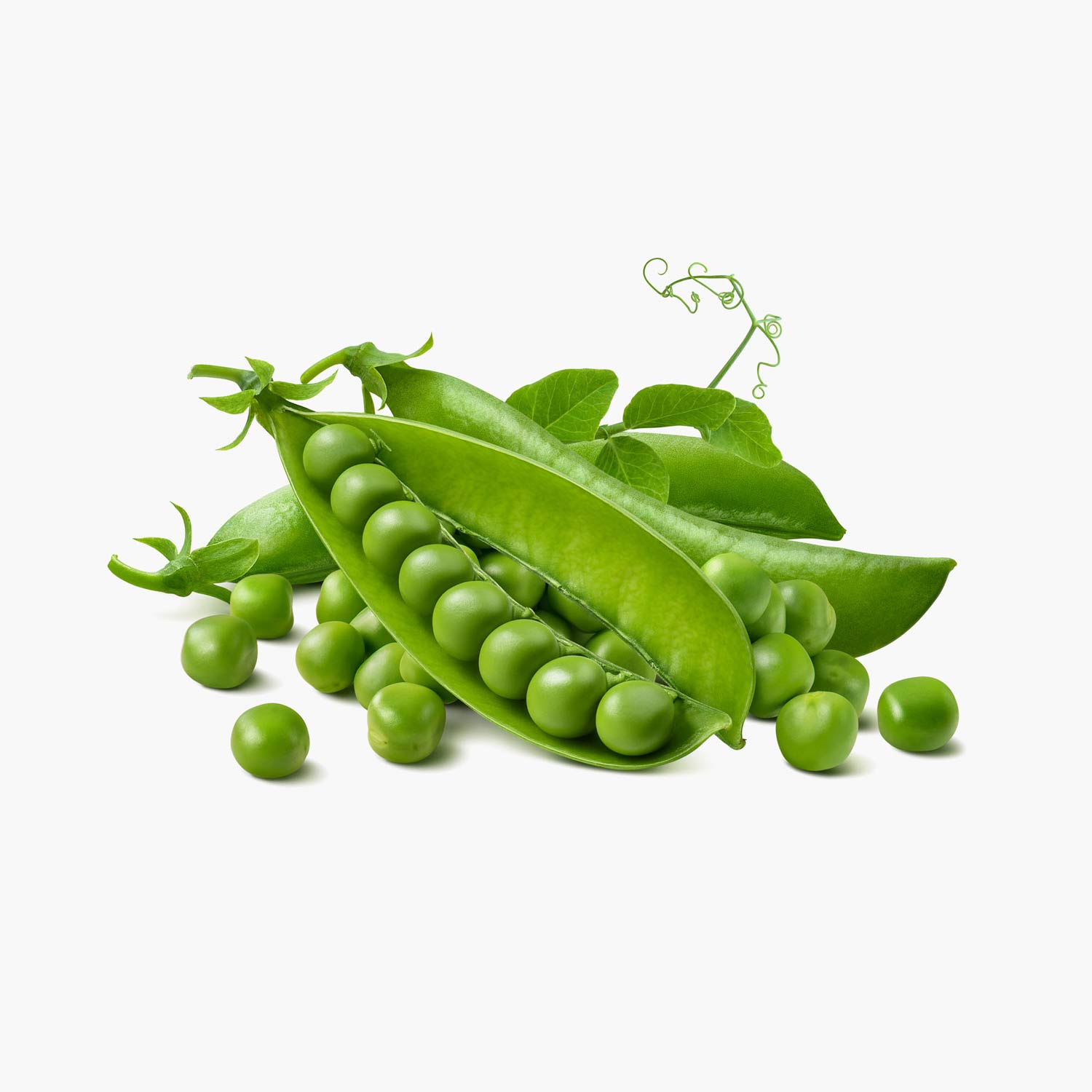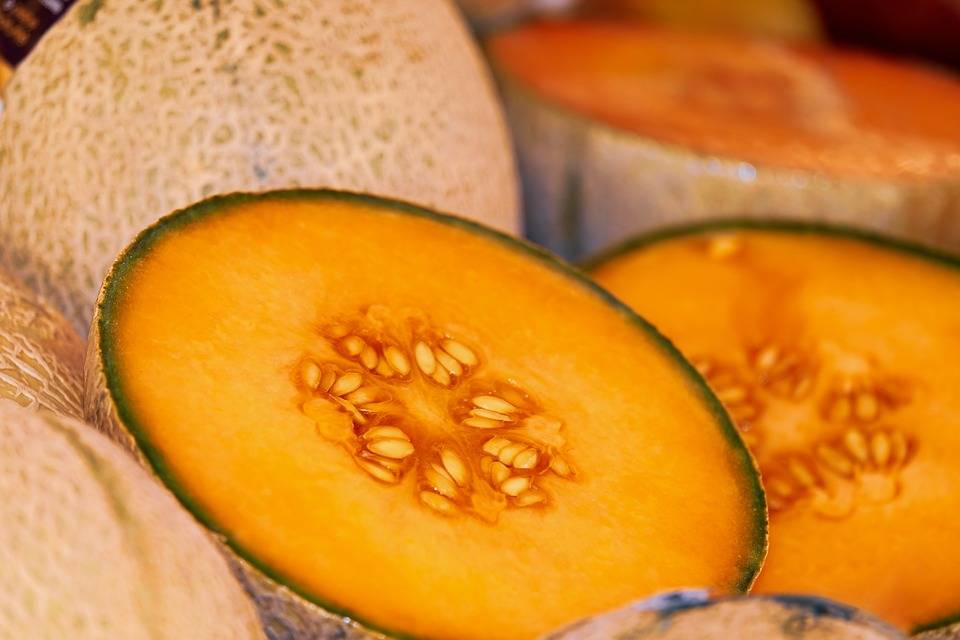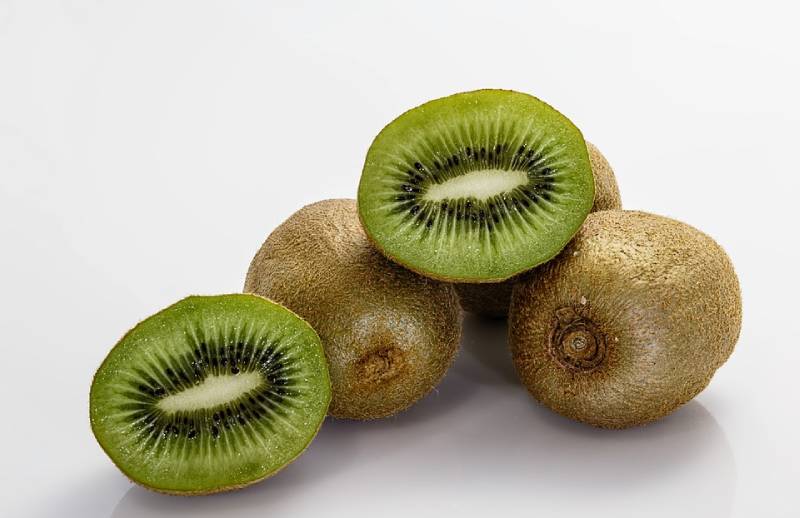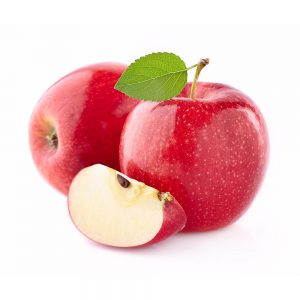Nutritious and Easy to Prepare
Green peas are a nutritious addition to your diet and a versatile ingredient that can elevate a wide variety of dishes. Packed with vitamins, minerals, and protein, green peas can enhance the flavor and nutritional value of your meals. In this article, we’ll explore some delicious green pea recipes that are easy to prepare and perfect for any occasion.



Nutritional Benefits of Green Peas
A Powerhouse of Nutrients
Green peas (Pisum sativum) are small but mighty when it comes to nutrition. Here’s why you should incorporate them into your meals:
- High in Protein: Green peas provide a plant-based protein source, making them ideal for vegetarians and vegans.
- Rich in Fiber: With a good amount of dietary fiber, they support digestive health and keep you feeling full.
- Loaded with Vitamins: Green peas are an excellent source of vitamins A, C, and K, along with important minerals like iron and magnesium.
Easy and Delicious Green Pea Recipes
1. Creamy Green Pea Soup
This simple yet flavorful soup is perfect for a light lunch or as an appetizer.
Ingredients:
- 2 cups fresh or frozen green peas
- 1 onion, chopped
- 2 cloves garlic, minced
- 4 cups vegetable broth
- 1 cup coconut milk (optional)
- Salt and pepper to taste
- Fresh mint for garnish
Instructions:
- In a large pot, sauté the onion and garlic until translucent.
- Add the green peas and vegetable broth, bringing to a boil.
- Simmer for 10-15 minutes until the peas are tender.
- Blend the mixture until smooth. Stir in coconut milk if desired.
- Season with salt and pepper, and garnish with fresh mint before serving.
2. Green Pea and Mint Salad
This refreshing salad is perfect for warm days and complements any meal.
Ingredients:
- 2 cups fresh or frozen green peas
- 1/2 cup diced cucumber
- 1/4 cup red onion, finely chopped
- 1/4 cup fresh mint leaves, chopped
- Juice of 1 lemon
- 2 tablespoons olive oil
- Salt and pepper to taste
Instructions:
- If using frozen peas, blanch them in boiling water for 2 minutes, then rinse under cold water.
- Combine the peas, cucumber, red onion, and mint in a large bowl.
- Drizzle with lemon juice and olive oil, then toss gently to combine.
- Season with salt and pepper to taste. Serve chilled.
3. Pea and Ricotta Pasta
This quick and satisfying pasta dish makes for a delicious weeknight meal.
Ingredients:
- 8 oz pasta of your choice
- 1 cup fresh or frozen green peas
- 1 cup ricotta cheese
- 1/2 cup grated Parmesan cheese
- 2 tablespoons olive oil
- 2 cloves garlic, minced
- Salt and pepper to taste
Instructions:
- Cook the pasta according to package instructions. Reserve 1/2 cup of pasta water before draining.
- In a large skillet, heat olive oil and sauté garlic until fragrant.
- Add the peas and cook for 2-3 minutes until tender.
- Combine the cooked pasta, ricotta, and Parmesan in the skillet. Add reserved pasta water as needed to create a creamy sauce.
- Season with salt and pepper to taste, and serve immediately.
4. Roasted Green Peas Snack
Roasted green peas are a great option for a healthy and crunchy snack.
Ingredients:
- 2 cups fresh or frozen green peas
- 1 tablespoon olive oil
- Salt and your choice of spices (e.g., paprika, garlic powder)
Instructions:
- Preheat the oven to 400°F (200°C).
- Toss green peas with olive oil, salt, and spices.
- Spread the peas on a baking sheet and roast for 20-25 minutes until crispy.
- Allow to cool before enjoying as a snack.
https://iranfreshfruit.net/cucurbita-food-recipes




















